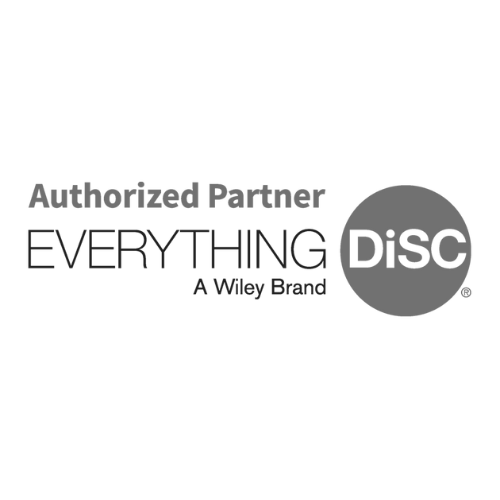The Sarbanes-Oxley Act, which was signed into law in 2002, expanded the responsibilities as well as the potential liabilities of corporate officers and directors. Although this legislation protects share-holders and is expected to improve corporate governance, it also bears the risk of increasing the number of litigations, says Victor Farfan, commercial insurance broker with Spectrum Risk Management. Increased corporate governance has heightened the importance of indemnification of corporations’ directors and officers.
These factors have led to the need and development of more sophisticated Director’s and Officer’s Liability Insurance (D&O). Essential HR spoke with Farfan about the importance of such coverage and how executives can make sure they are properly insured.
What is Director’s and Officer’s Liability Insurance?
In general, insurance policies for directors and officers provide coverage for defense costs and liability payments (both judgments and settlements) for covered wrongful acts if a claim is made against the insured during the policy period. This is often referred to as “Side A” coverage. In addition, most policies afford coverage for the company’s own expenses incurred in indemnifying covered persons pursuant to the corporate indemnity in the company by-laws. This is often referred to as “Side B” coverage. Usually, there is a deductible that applies to claims within “Side B” coverage, and D&O policies typically require that the company advance defense costs and make payment for any judgment or settlement before the insurance company will pay corporate governance has heightened the importance of indemnification of corporations’ directors and officers.
Some D&O policies also contain “Side C” coverage for loss incurred by the company entity. For a publicly traded company, the entity coverage for D&O typically is limited to claims against the company arising under federal or state securities statutes or under SEC rules and regulations.
A number of D&O carriers now offer “Side A” only or “Side A DIC (Difference In Conditions)” D&O policies, with a dedicated limit of liability covering directors and officers when indemnifications and standard D&O may be unavailable. One must also consider that when various state statutes restrict a corporation’s ability to indemnify its directors and officers in connection with shareholder derivative actions, coverage under “Side B” D&O policies may be restricted. Therefore, it is common for directors and officers to rely on “Side A” D&O policies for coverage for shareholder derivative actions.
Why should directors and officers invest in such coverage?
Director’s and Officer’s Insurance is the main line of defense against ruinous jury awards and legal settlements. There is a chance your personal assets may still be at risk as a result of the SEC seeking settlements that specify payments come from personal funds rather than insurance. A good D&O policy can provide important protection for an innocent director or officer from honest mistakes and even fraud committed by others.
Director’s and Officer’s Insurance premiums are falling to incredibly low levels for all buyers, including privately held corporations. With this in mind it, doesn't make any sense to expose one's personal assets and estate to the risk of an uninsured loss. Directors and officers of privately held corporations face the same risk as those of publicly held firms. Avoid the risk of being sued for complaints alleging fraud, unfair competition, interference with prospective economic advantage, infringement of trade secrets and several other alleged wrongful acts and consider how D&O can protect you.
Why aren’t all directors and officers covered?
Many directors and officers have never closely examined the D&O policies and many falsely believe they are immune from personal financial liability. The recent exposé of corporate scandals has lead to a crackdown on corporate malfeasance and fraud investigated by government regulators and prosecutors. This threat of criminal fines and civil judgments has caused D&O providers to place many limitations on policies. Some have even attempted to rescind policies altogether.
How can directors and officers select the proper coverage for their industry?
In this era, the issues directors and officers deal with will vary within the industry in which the company operates. To ensure proper and sufficient coverage one must make sure all information provided to the insurer is as accurate as possible. Outright misrepresentations and mistakes could give the insurer all the ammunition it needs to have a policy cancelled.
If heightened regulatory supervision and shareholder unrest, company executives need to take the time to review the precise wording of their policies. Policyholders should review wording before they purchase their policies. By investing the time upfront in scrutinizing the wording, one can be assured the protection intended to be obtained through the purchase of a policy will be there when the insured needs it most.
For more information and to make sure you’re protected, please contact us!
VICTOR FARFAN is a commercial insurance broker with Spectrum Risk Management & Insurance Services LLC. Reach him at (949)655-0120 or victorf@spectrumrisk.com.







